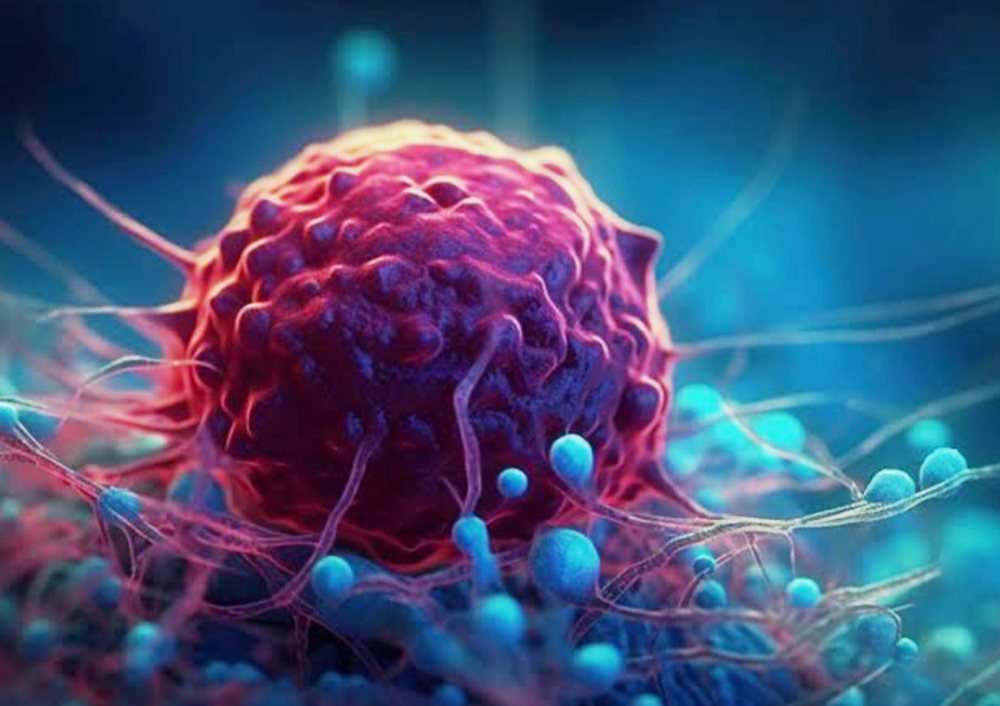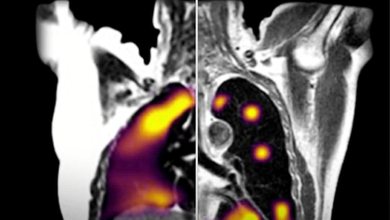
A new study published in the scientific journal The Lancet predicts an increase of almost 75% in cancer deaths by 2050: in 4 cases out of 10, they are attributed to modifiable risk factors, such as smoking, alcohol, poor nutrition and environmental pollution.
The number of cancer cases and deaths worldwide is expected to increase by 2050, despite advances in treatment and efforts in prevention and diagnosis. This is according to a new study published in The Lancet, which used data from the Global Burden of Diseases, Injuries and Risk Factors Study (GBD) 2023 to analyze the impact of cancer in 204 countries and territories from 1990 to 2023. It assessed 47 types or groups of tumors by age and sex, and projected trends to 2050.
According to the study, in 2023 cancer caused 10.4 million deaths worldwide, of which about 40% are attributed to modifiable risk factors such as tobacco, alcohol, unhealthy diet and pollution. If effective and targeted measures are not taken, a 61% increase in new cases and 75% in deaths from cancer is expected by 2050, reaching 18.6 million deaths and 30.5 million new cases.
“Cancer continues to pose a major global health burden, and our study shows that it is expected to increase significantly in the coming decades, especially in resource-limited countries,” said lead author of the study, Dr. Lisa Force of the Institute for Health Metrics and Evaluation (IHME) and associate professor in the Department of Pediatrics, Division of Pediatric Hematology/Oncology at the University of Washington.
"Despite the clear need for action," added Dr. Force, "cancer control policies and their implementation remain undervalued in global health systems, and funding to meet this challenge in many countries is inadequate."
Four out of ten cancer deaths are preventable
One of the most significant findings of the study is that 40% of cancer deaths are linked to modifiable risk factors, such as smoking, alcohol use, unhealthy diet and environmental pollution. By 2023, these preventable causes were responsible for about 40% of the 10.4 million global cancer deaths.
Duhani, në veçanti, ishte faktori kryesor i rrezikut në pothuajse të gjitha vendet, përveç atyre me të ardhura të ulëta, ku infeksionet e transmetuara seksualisht – si virusi HPV – përbënin shkakun më të zakonshëm. Tek burrat, përqindja më e madhe e vdekjeve nga kanceri (46%) lidhej me duhanin, dietën e pashëndetshme, konsumimin e lartë të alkoolit, rreziqet në vendin e punës dhe ndotjen e ajrit. Ndërsa tek gratë (36%), faktorët kryesorë të rrezikut ishin duhani, infeksionet seksuale virale, ushqyerja e keqe, obeziteti dhe niveli i lartë i sheqerit në gjak.
“Me katër nga dhjetë vdekje nga kanceri që lidhen me faktorë të njohur rreziku, përfshirë duhanin, ushqimin e keq dhe hipergliceminë, kemi mundësi të mëdha për të vepruar – duke parandaluar rastet e kancerit dhe duke shpëtuar jetë, përveç përmirësimit të diagnozës dhe trajtimit të hershëm dhe të saktë,” – deklaroi profesori Theo Vos nga Institute for Health Metrics and Evaluation dhe bashkautor i studimit.
“Ulja e rasteve me kancer në nivel kombëtar dhe global kërkon si veprime individuale, ashtu edhe qasje efektive në nivel popullate për të reduktuar ekspozimin ndaj faktorëve të njohur të rrezikut.”






















